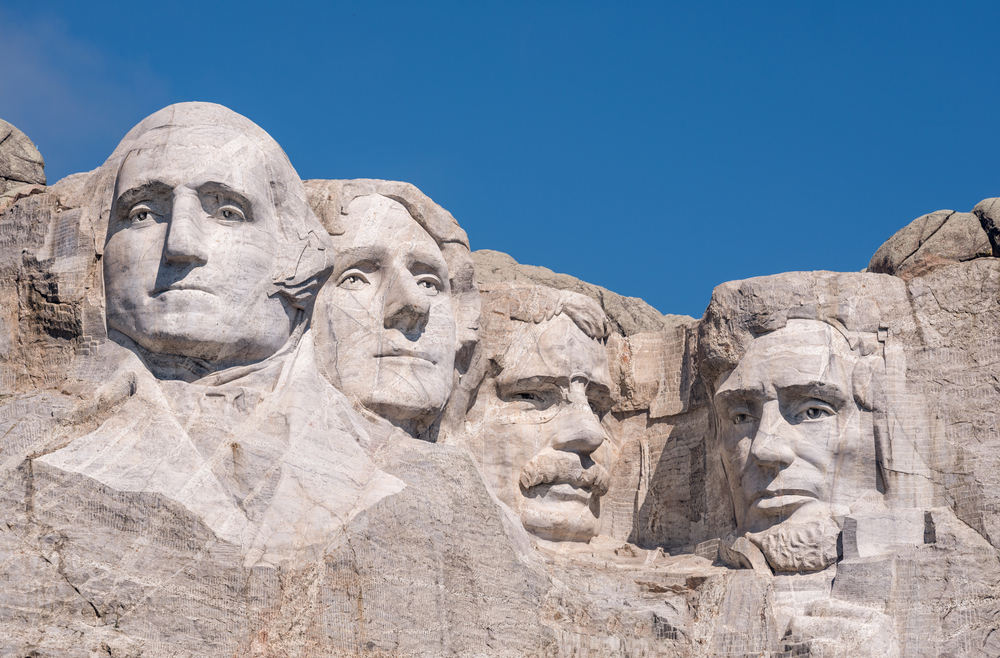
Every February, the third Monday brings us a day off, and…mattress sales? While that might be the immediate image that comes to mind, Presidents Day holds a much richer history and significance waiting to be explored. So, buckle up, history buffs (and curious citizens!), because we’re about to delve into the fascinating evolution of this holiday and why it deserves your attention, beyond the discount aisle.
From Washington’s Birthday to Presidents’ Day: A Journey Through Time
Our story begins with George Washington, the revered first president who led us through the Revolutionary War and laid the foundation of our nation. His birthday, February 22nd, was initially celebrated as a day of remembrance, filled with parades and speeches honoring his legacy. Over time, other presidents like Abraham Lincoln received similar recognition, leading to a patchwork of state-specific holidays throughout the country.
Fast forward to the 1970s, and the iconic “Uniform Monday Holiday Act” arrived on the scene. Aiming to create more long weekends for leisure and economic activity, it shifted several holidays, including Washington’s Birthday, to Mondays. This move sparked a transformation, gradually merging the celebrations into the single, now-familiar Presidents’ Day.
Beyond the Day Off: 4 Reasons Why Presidents’ Day Matters
But why should we care about this seemingly distant historical event? Here are 4 reasons why Presidents’ Day holds more value than you might think:
- Remembering Our Roots: Presidents’ Day offers a chance to reflect on the foundational principles and values upon which our nation was built. It’s a reminder of the struggles and triumphs that shaped our democracy and the leadership figures who guided us along the way.
- Engaging with the Present: Learning about past presidents can illuminate the challenges and opportunities we face today. Their decisions, both successful and flawed, offer valuable lessons for navigating our own political landscape and engaging in informed citizenship.
- Celebrating Diversity: Presidents’ Day is an opportunity to recognize the diverse individuals who have held the highest office in the land. From the first African American president to the first female vice president, their stories inspire us to strive for a more inclusive and representative future.
- Shaping the Future: Understanding our past empowers us to shape our future. By reflecting on the legacies of past presidents and engaging in active dialogue about the challenges we face, we can contribute to building a better tomorrow.
Take Action: Make Presidents’ Day Meaningful
Now that you know more about the significance of Presidents’ Day, how can you make it more than just a day off? Here are a few ideas:
- Learn about a specific president: Dive deeper into the life and achievements of a president who piques your curiosity. Read biographies, watch documentaries, or visit museums dedicated to their legacies.
- Engage in a conversation: Discuss the challenges and opportunities facing our nation with friends, family, or online communities. Reflect on how past presidents have addressed similar issues and explore potential solutions for the future.
- Get involved in civic activities: Volunteer for organizations promoting civic engagement, vote in local elections, or attend community forums where you can voice your opinions and contribute to shaping your community.
Remember, Presidents’ Day is not just about honoring the past; it’s about empowering ourselves to be active participants in shaping the future. So, let’s move beyond the sales and use this day as an opportunity to learn, engage, and make a difference!
Frequently Asked Questions:
Q: Are there any other presidents celebrated on Presidents’ Day besides George Washington?
A: While Washington’s legacy is central to the holiday, Presidents’ Day is generally seen as a day to honor all US presidents, past and present.
Q: What are some fun activities for families to enjoy on Presidents’ Day?
A: Visit presidential museums or historical sites, hold mock elections, watch documentaries or educational movies about presidents, or read children’s books about their lives.
Q: How can I get involved in civic activities on Presidents’ Day?
A: Many organizations host events and volunteer opportunities specifically on Presidents’ Day. Check with local libraries, community centers, or political organizations for details.
Q: Why is it important to learn about presidents who made mistakes or had controversial legacies?
A: Understanding both the successes and failures of past presidents provides valuable lessons for the future. It allows us to learn from their mistakes and strive to build on their achievements.
Q: What are some resources for learning more about presidents?
A: The National Archives, presidential libraries, historical societies, and educational websites offer a wealth of information about presidents and their times.
So, this Presidents’ Day, ditch the shopping lists and embrace a richer experience. Explore the lives and legacies of those who shaped our nation, engage in meaningful conversations about the challenges we face, and take action to shape a brighter future. Remember, the power to influence the course of our democracy doesn’t reside solely in the Oval Office; it resides within each and every citizen. Let’s use Presidents’ Day as a springboard to engage, learn, and rise to the occasion, just as the leaders we honor did before us. Happy Presidents’ Day!










